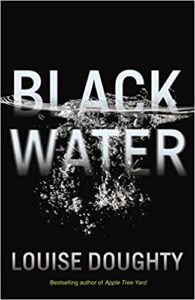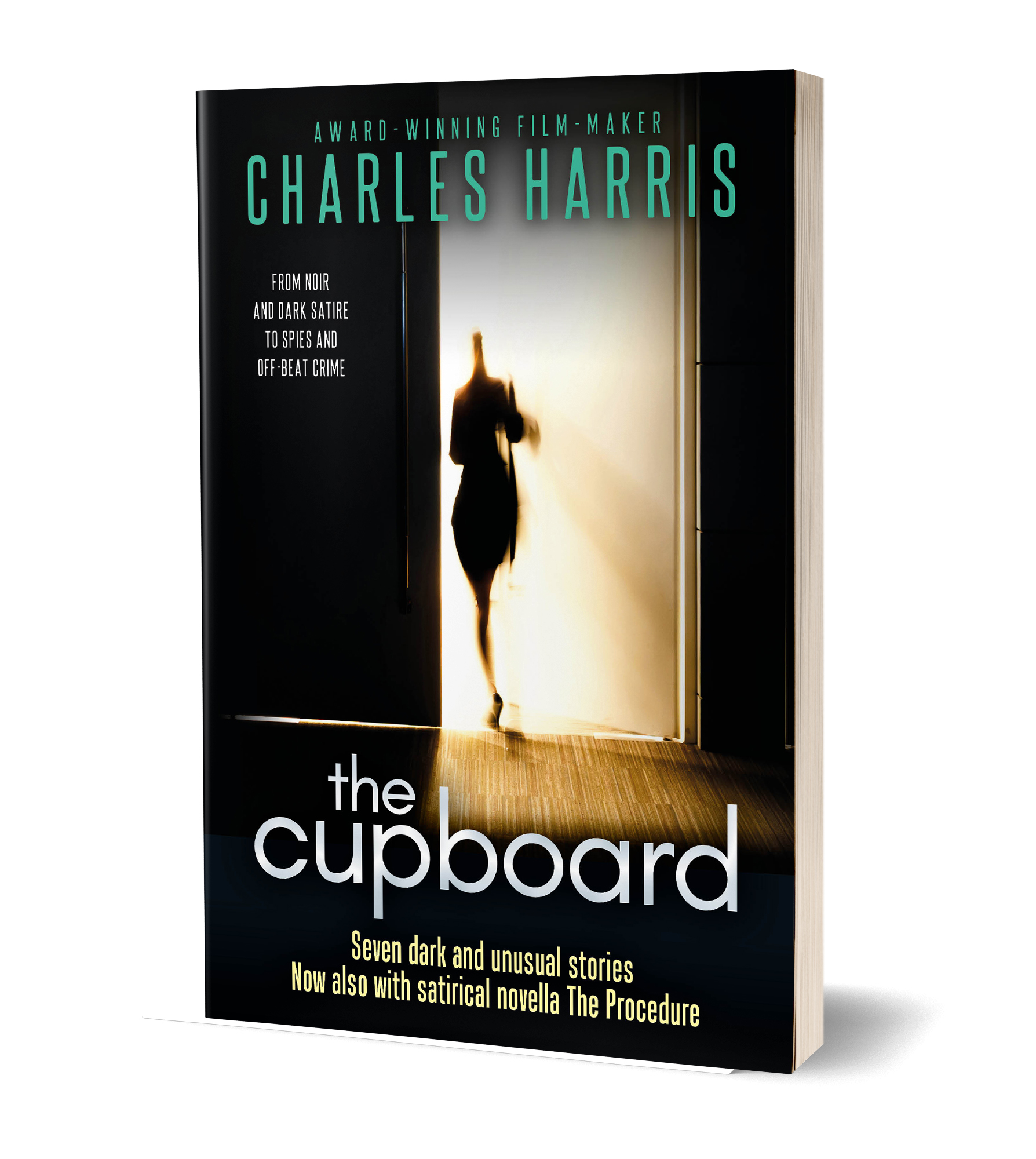Darkness in the Pacific: Review – Black Water by Louise Doughty
02 Friday Mar 2018
Written by Charles Harris in Books, Character, Historical, Reviews, The Library Corner, Thriller
Tags
American Psycho, Apple Tree Yard, character, Graham Greene, Indonesia, John Harper, Le Carré, Lee Child, Patrick Bateman, The Night Porter, The Spy Who Came In From The Cold
Review: Black Water by Louise Doughty.
Agents, publishers, books on writing tell you to write about nice characters who grow and learn. Louise Doughty clearly missed that memo.
Her characters are troubled, rarely nice, placed in dark situations. Nazi mass killing of Romanies – Fires in the Dark. A child’s death – Whatever You Love.
Her big hit has been Apple Tree Yard – a chilling courtroom drama about a murder that follows a sex act. An act that is either exciting or shocking, depending on your point of view, but never nice. Despite that, her books have sold and Apple Tree Yard became a successful TV mini-series.
Black Water for TV?
If Black Water is adapted for TV – or even cinema – it will follow less in the glamorous footsteps of Scandi noir or Le Carré’s The Night Porter than the more thoughtful Le Carré of The Spy Who Came In From The Cold. Or indeed vintage Graham Greene.
Mixed-race John Harper – born Nicolaas Den Herder in a Japanese wartime internment camp – is not a nice person, designed to please the writing gurus. Nor is he a devilishly fiendish anti-hero like Patrick Bateman in American Psycho.
He’s a difficult, introspective, frightened, flawed, complex human being. We first meet him in 1998, lying awake in a remote hut on an Indonesian island. He’s waiting for the rain on the roof which he believes will herald his killer.
However, even more than death, he’s scared to face his own past.
Cheated of love
Black Water moves back in time to 1942, then forward to the sixties, before returning to the end of the century – and Harper’s possible death. And in the process we learn who he is. A man who has constantly been cheated of those he loved.
Who lost his father. Then his brother. His mother abandons him to his grandparents before cruelly snatching him back, once he loves them. Even his child dies at the age of two days.
But this isn’t misery-lit. It’s a spy thriller – tense, psychological, slowly gripping you in its coils. Harper has worked for some nasty governments. Or maybe performed nasty acts on behalf of governments.
As the story unwinds, so we begin to learn just what it is he’s done. Or – equally importantly – not done.
And why he is both afraid to look back and look ahead.
Elegance and clarity
It’s an epic, with a backdrop of some of the darkest and greatest events of the century: the cold war, the Civil Rights movement. And – more rarely for novels – the massacres that swept through Indonesia in 1965 and the dictatorship that followed.
Yet, like all great epics, it is also very intimate. Doughty writes with elegance and clarity, digging deep into Harper’s soul. And she gives us his story with quiet empathy – I’d even say intense sympathy.
Furthermore, at the heart of this dark plot, she is clever enough to give us a ray of light. Harper meets Rita – a woman who seems to have her own troubled past. Their affair feels like a meeting of minds.
Cruel hope
You feel that, perhaps for the first time since childhood, Harper has found someone who is like him, and who likes him. Doughty paints it out with delicacy and surprising warmth. And, to be fair, if Harper doesn’t exactly grow and learn, he does begin to soften and open up.
It is the light which makes the shadows seem all the darker.
Indeed, when Harper finally begins to prepare himself for the killer that may – or may not – await him, it’s less his death that we fear than the loss of this new hope.
All the way through the story, Doughty plays brilliantly with our expectations. Nothing is ever quite what is appears to be. And even now, at the end, she leaves us thinking.
Lee Child, this is not. This is one of our best modern authors, refusing to play nice, constructing a chilling thriller out of the darkest of her dark materials.


Tell people what you think